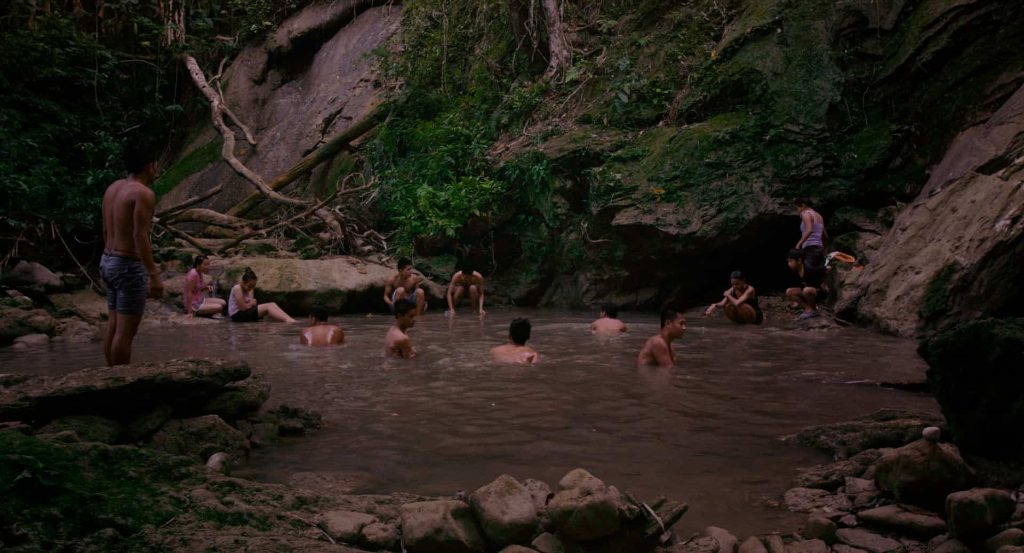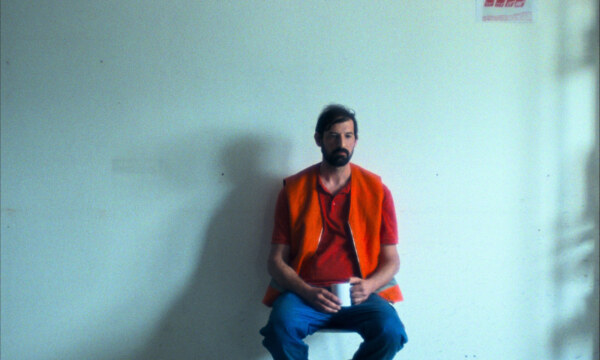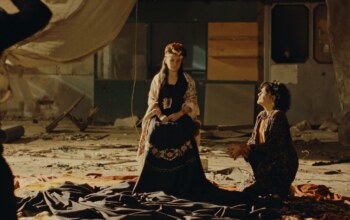The Human Surge

Eduardo Williams’s lack of introduction propels us deep into the lives of young men and women living in distant corners of the world: Argentina, Mozambique and The Philippines. His film follows various protagonists who battle with their spiritless routines working in supermarkets and factories, struggling to gratify their existence against the endless daily grind.
Split into three parts and three countries, each chapter explores how the escape from banality commonly involves the search for an internet connection as a means of social interaction or an attempt to earn some extra pesos. Williams films the whole 97 minutes using a hand-held camera and the image quality suggests his device to be no more than a 16mm lens, lending a gritty yet intricate mediation into the lives of these young workers. The seemingly unedited and at times shaky camera work reveals an intense intimacy into their lives, whilst at the same time offering a wider comment on the social and political issues that surround their respective worlds. Not only does Williams reveal political injustices faced in certain areas of these countries, but he also offers a profound social comment on technology and the internet. Despite their thousands of miles in distance, all three countries share an aspect in common: enjoyment and social interaction being at the heart of the internet.
In all three chapters however, enjoyment through the internet becomes inescapably bound up with earning money through sexual acts committed in front of a webcam. Eke the 25-year-old Argentinian and Alf from Mozambique meet each other online whilst simultaneously trying to sell their bodies to one another, allowing a rather poignant transition from one chapter to the next. Social interaction becomes an enterprise and bodies become commodities – all juxtaposed against lush and breathtaking landscapes captured by Williams’s camera. Although some may question the director’s choice of including five minutes of ants building an ant colony in the midst of Mozambique, its purpose in the film is strikingly powerful. Williams visually captures the essence of human order and hierarchy: the division of labour between rich and poor, between soldier ants and queens.
The perils of consumerism and technology are arguably summed up in the Mozambique section of the project, where an (aptly) unnamed character comments on how he dreamt the sky was covered in advertisements. The vicious worker-consumer cycle infiltrates even the subconscious of Williams’s characters: an inescapable and isolating loop that is unsuccessfully broken through online connectivity, which tragically only engenders a deeper isolation from the “real” world.
Anna Harvey
The Human Surge is released nationwide on the 7th July 2017.
Watch the trailer for The Human Surge here:


























Facebook
Twitter
Instagram
YouTube
RSS